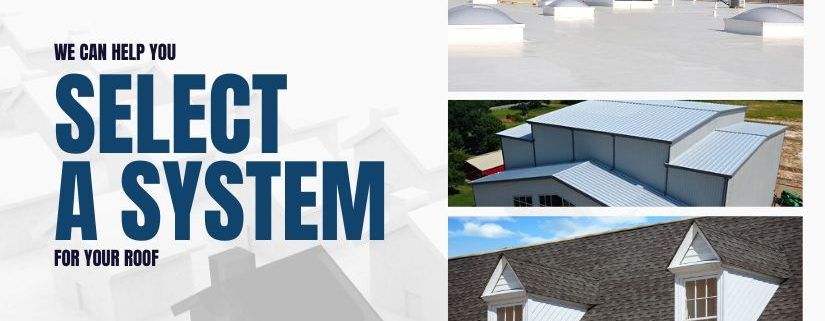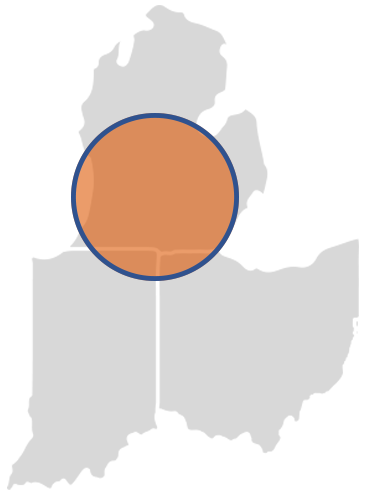Selecting a Commercial Roofing System
Building owners and facility managers have many variables to consider when selecting a commercial roofing system that’s right for their building. It’s obviously a big investment, so stakeholders should evaluate these factors before taking the plunge:
Building structure
Commercial facilities commonly have flat or low-sloped roofs, and there are multiple roofing systems on the market that can be effective long-term solutions. Some are lightweight and can be installed over the existing roof without a tear-off (depending on local codes). Roofs with many penetrations will require a lot of flashing work and some systems are less labor-intensive (therefore more secure and more efficient) when it comes to installing flashing components.
Rooftop environment
Obviously, if you have a lot of rooftop traffic (for HVAC maintenance, for example), your new roof must accommodate that. The installing contractor should be able to provide walk pads for necessary pathways. Restaurant roof surfaces may need to handle grease exhaust, and some systems, notably PVC membranes, are highly resistant to grease and other chemicals. And speaking of the environment, high roof reflectivity in the form a white single-ply membrane can provide real energy savings, especially in sunnier, warmer climates.
Cost
A roof system’s initial cost often becomes the most important determinant when the choice is made. However, life-cycle cost must be considered as well. Factors include whether the old system needs to be removed, maintenance expenses down the road, additional warranty costs, and potential energy savings. One hidden “cost” consideration is whether the new roof installation will interrupt your building operations. What is the cost of a business disruption?
Warranty
Commercial roof warranties vary by manufacturer, but most should be provided at no extra cost; have your contractor give you the details. If you need a “special” warranty that provides extra coverage for hail or for a roof system that’s going under a vegetative or solar roof, for example, that will probably be available for extra cost. In addition to the manufacturer’s warranty the contractor may offer their own warranty for the installation work they’re performing.
Regardless of the roofing system you choose, its long-term effectiveness ultimately falls on the installing contractor and their application quality. At Diversified Services, we’re proud of our history of installation quality and customer service. Please contact us at your convenience.








